October 02 2020
A waste free period with these sustainable period essentials
We need to talk about periods. Healthy, stress free, waste free periods. Disposable menstrual supplies are real life savers in times of period distress. So much that we tend to forget that they are solely made out of plastic – think applicators, packaging, pads. Moreover, conventional tampons and pads are pretty toxic, laced with artificial colours, bleaching agents, polyester, adhesives, polyethylene (PET), polypropylene and propylene glycol (PEG). These toxic additives have been linked to hormone disruption, cancer, birth defects and infertility. Time to switch things up.
When it comes to menstruation, women will go a long way to make them comfortable and easy. A lot of our peers have admitted that they don’t want to try sustainable alternatives because they have the reputation of being not only unpractical but unhygienic. I have to admit that having waste free period protection is actually helpful for different types of situations. My trick is that I like to combine reusable period protection with organic tampons and pads. This way I'm generating no plastic waste at all but not stressing over each pad or tampon that I use. Women have enough pressure as it is to add impossible restrictions, especially during your period. We have to stay away from dichotomies and polarised views of what sustainable really is. We don't need 1 person doing it perfectly, we need 1 million people doing it imperfectly.
So here are a few items that you can switch to, if you feel like it !
1. A menstrual cup
Menstrual cups have quickly become one of the most popular means of period protection these past years. They're very cheap and can be used countless times even if it takes a little bit of getting used to. Made mostly from silicone, a hypoallergenic and silica based material, they are not likely to cause any harm to your vagina. It's important to note that Toxic Shock Syndrome (an illness that was tied to bacteria forming in the vagina when a tampon is left too long) can also happen with a cup. Cups must be boiled for at least 5min before each cycle to avoid bacteria. You must also empty it every 4-5 hours which can be quite a hassle if unprepared. Another downside is that cups aren't biodegradable and cannot yet be upcycled.

2. Plastic free disposables
For those who don't want to make too many changes, organic period protections are a very safe and sustainable option. But why should tampons and pads be organic? Conventional pads and tampons made from non organic cotton can still carry glyphosate and pesticides from the cotton plant. Moreover, they're treated with bleach (to make them white) and other harmful fragrances that disrupt the vagina's flora.
It's also important to note that conventional tampons and pads are made solely from plastic. Applicators, packaging and absorbant substances are very polluting. Here again, zero waste options exist. Our favorite brand is definitely Mondays Organic. A Swiss brand that makes sustainable period protection. The cup is really not for everybody. People with very sensitive vaginas (like myself) feel more comfortable using single use protection, and that's totally okay.
I tried their tampons and pads and both options are great. They also have small panty liners for the end-of-period flow. The plastic used to contain the flow is compostable and biodegradable, the rest is made from paper and cotton. Needless to say, tampons and pads need to be thrown in the trash in order to decompose correctly.

3. Reusable pads
I got a chance to try cotton pads from the brand Cyclo and they're still in my drawer ready for my next period. I was surprised to note that cotton pads are a dream to sleep with and live with. They have a small clip so that they stay well attached to your underwear. They don’t leak, because the fabric is thick and they are lined with a special absorbent material. In the morning I washed them with cold water to get most of the blood out and then put them in the washer. My only concern is that they can't be washed hot enough (because of the absorbent material) and that this material is not biodegradable.
I loved that you don’t get this sweaty feeling that often happens with conventional pads. I only use them at night because I don't have enough of them to be changing every few hours during the day. Overall it's a great and cheap option but if you want to rely solely on these pads you need to invest in a lot of them, even more so if you have a heavy period.

4. Period Underwear
Period underwear is a trend that is changing women's periods forever. If you haven't heard of it, it's like underwear that retain period flow. It doesn't even have a thick crotch area that prevents you from crossing your legs ! Different sizes can retain different amounts of flow but it's hard to manage with a very heavy flow. Again, this is a great option for the night but wearing one underwear for the whole day seems like a pretty unpractical option. Personally it feels very uncomfortable.
We tested the She Thinx period underwear. They are made ethically in Sri Lanka and offer OEKO TEX approved undies. Although these panties are reusable, they are still highly pollutant since they are made with elastane and nylon. We're still looking for a brand that uses more breathable and sustainable options.


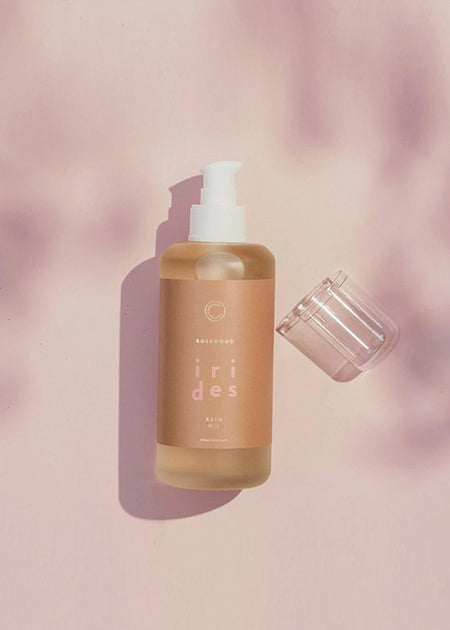
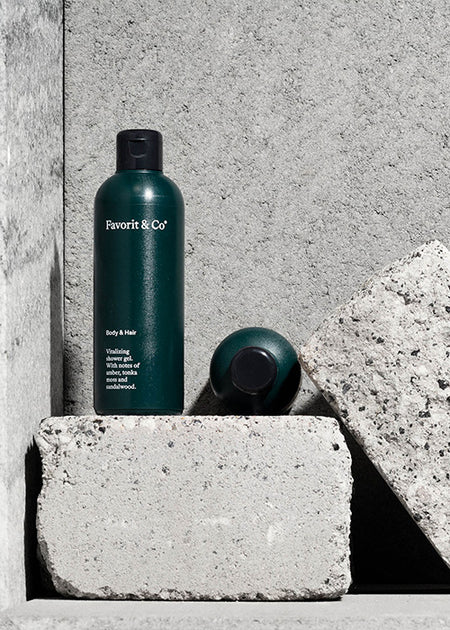
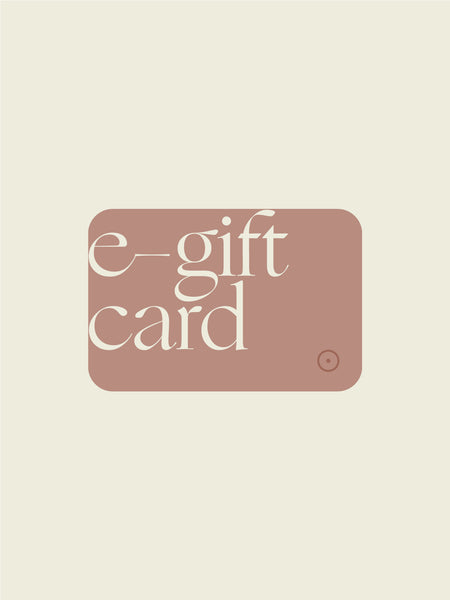
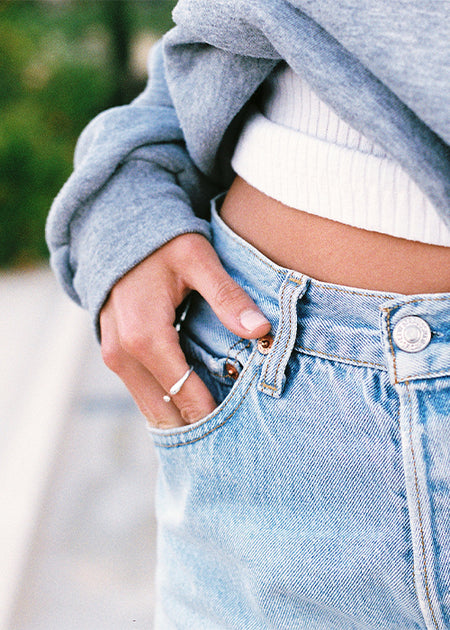
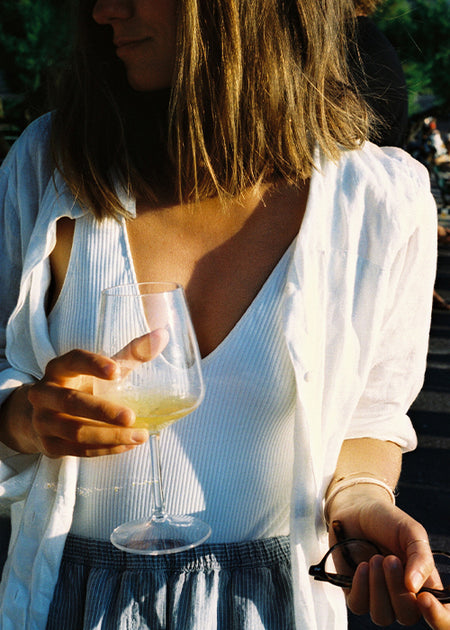
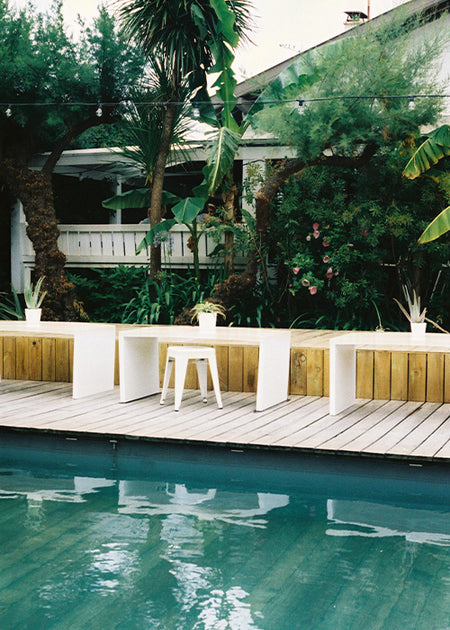
0 comments